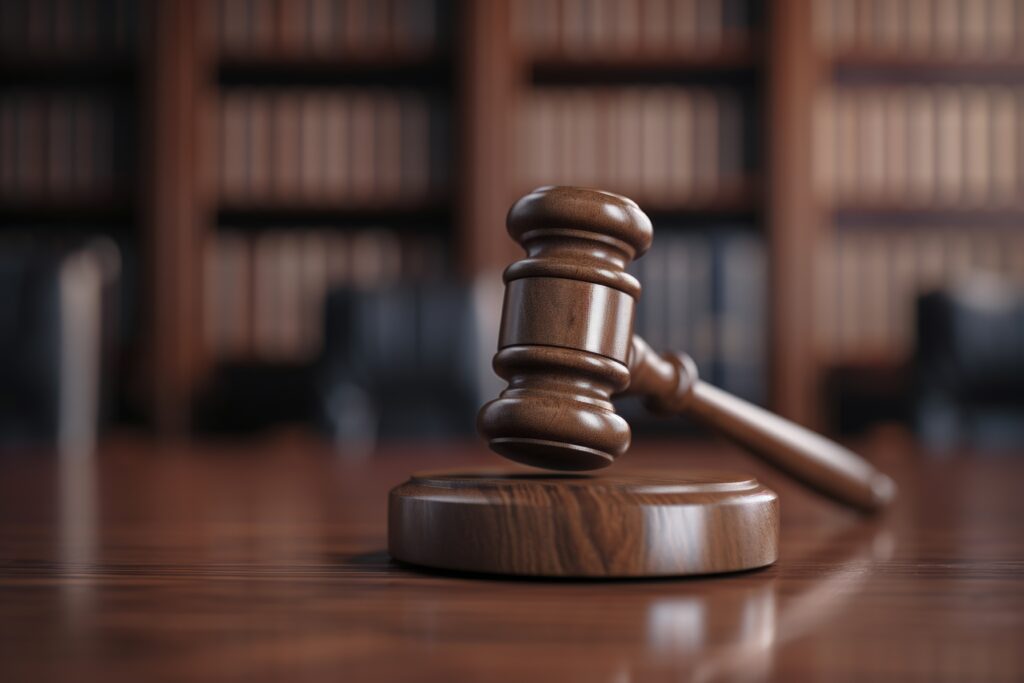Last Updated on May 8, 2024 by
The ever-foreseen TikTok ban is finally here! Grab your pitchforks everyone!
TikTok has filed a lawsuit seeking to prevent a US law that would ban the app in the country unless sold by its Chinese parent company, ByteDance. The social media giant claims the act is an “extraordinary intrusion on free speech rights” affecting its 170 million American users. This article delves into the complexities surrounding the TikTok ban, its potential consequences, and the ongoing debates over the national security of the United States.
Understanding the Law Banning TikTok
President Joe Biden signed the law targeting TikTok last month, citing national security concerns. The legislation followed years of discussion in Washington about TikTok’s Chinese ownership and the risk of US user data being misused or exploited by the Chinese government. Sounds just like a conspiracy theory found in the dark corners of the internet, right? Maybe Joe has been too involved on Reddit…
The law effectively prevents app stores from offering TikTok in the US starting January 2025 unless ByteDance finds a suitable buyer.
In its filing with the DC Circuit Court of Appeals, TikTok argued that the mandatory sale is “simply not possible” given commercial, technological, and legal constraints, especially within the 270-day deadline imposed by the law. It also argued that the act creates a biassed regulatory environment by imposing stricter standards on TikTok than on other platforms.
Diverging Perspectives on National Security
Jacob Helberg, a prominent advocate of technology security, and the US Congress maintain that TikTok’s ownership presents a significant national security threat, dismissing the platform’s efforts to safeguard US data – amongst everybody else’s data being protected too. Helberg referred to TikTok’s lawsuit as “unserious” and accused the company of engaging in deceptive and manipulative marketing strategies.
Conversely, Ashley Gorski, a senior attorney at the American Civil Liberties Union, challenged the law’s constitutionality, calling it an infringement on free speech. She noted that the government can’t impose such an overarching ban unless it’s the only way to prevent imminent national security threats. According to Gorski, no public evidence exists that meets the high legal standard required to justify a ban under the First Amendment. So, will it go through?

Broader Implications of a TikTok Ban
The controversy around TikTok is part of a broader US-China trade and technology conflict. The US has taken significant steps to limit the influence of Chinese technology firms, including restrictions on Huawei and other companies. Earlier this week, the US Department of Commerce revoked export licences for goods to Huawei, adding to earlier limitations placed in 2019. This decision against Huawei’s commerce was also echoed by the UK government, revoking the sales of any 5G technology and other devices.
Despite efforts to force a ban on TikTok, the company has remained defiant and resilient. It claims to have spent over $2 billion to address US concerns and they maintain that ByteDance has no intention of selling. Additionally, the lawsuit emphasises that the Biden administration’s presence on the platform undermines its claims of national security risks. If it scares you, why would you make an account at all?
The lawsuit by TikTok underscores the intense scrutiny on Chinese technology firms operating in the US, highlighting concerns over data privacy and national security. With opinions sharply divided, the future of TikTok in the US remains uncertain. As the world’s two largest economies engage in a technological tug-of-war, the outcome of this legal battle could have significant implications for global digital platforms and the evolving standards of free speech.


